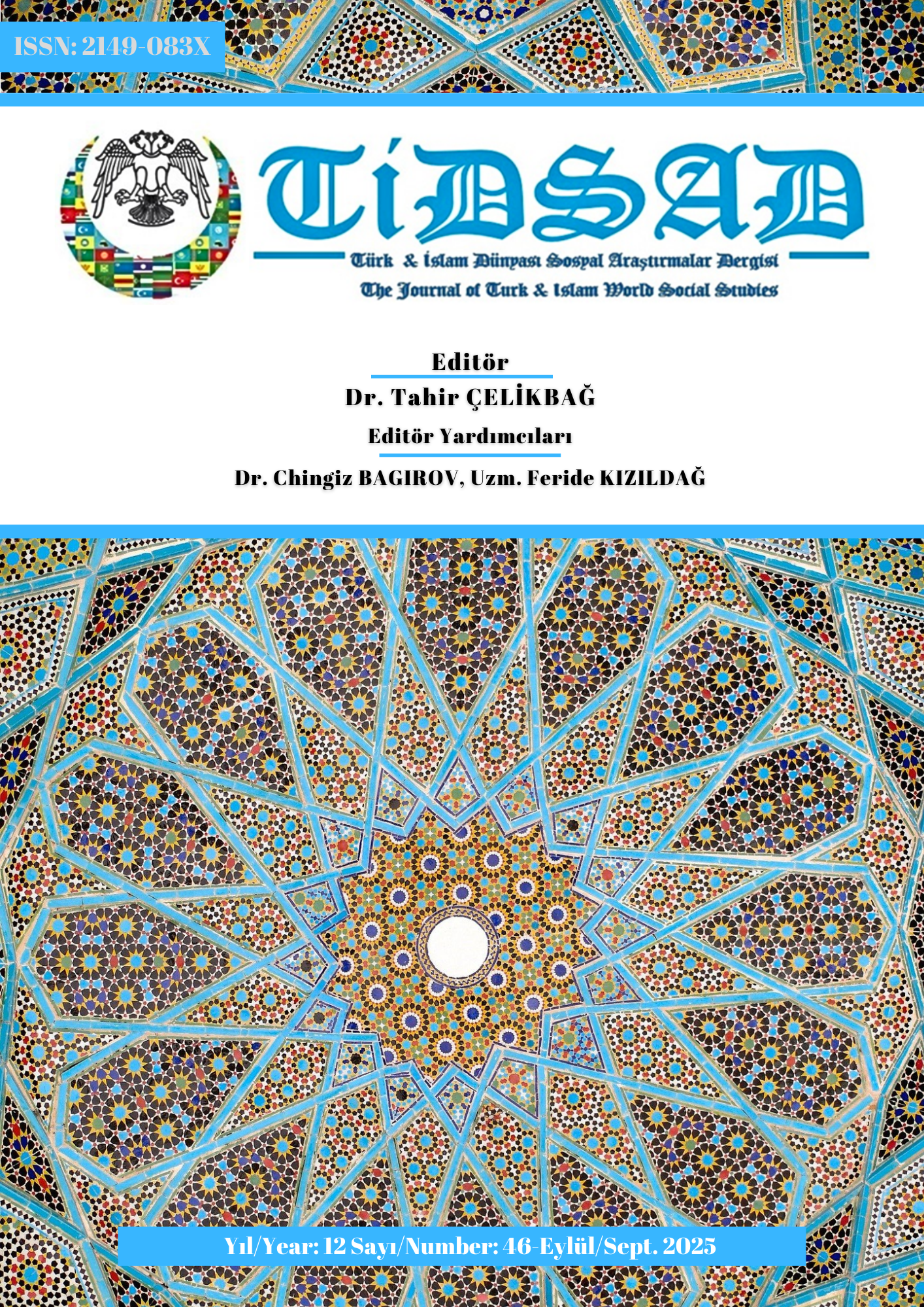Author :
Abstract
Neoklasik iktisadın yükselmeye başladığı 19. yüzyılın sonlarında Amerika’da Eski Kurumsal İktisat Okulu bulunmaktadır. Amerikan Eski Kurumsal İktisat Okulunun en önemli üyeleri arasında Thorstein Veblen, Wesley Mitchell, John R. Commons ve John K. Galbraith bulunmaktadır Eski Kurumsal iktisatçılar Neoklasik iktisat teorisinden daha farklı bir iktisat teorisi geliştirmeye çalışmışlardır. Bu nedenle psikoloji, tarih, sosyoloji gibi sosyal bilim dallarından yararlanmışlardır. Ancak, Eski Kurumsal İktisat Okulu yöntemler savaşında Neoklasik Okula yenilmiştir. Yöntemler Savaşını kazanan Neoklasik İktisat Okulu Avrupa’da olduğu gibi Amerika’da da iktisat biliminin kontrolünü eline geçirmiştir. Çalışmada tek bir iktisat bilimi olduğu (Neoklasik Okul), ancak her ülkenin farklı kültürel ve tarihsel koşulları bulunduğu belirtilmektedir. Kültür, kurumlar, ahlak ve tarih önemli değişkenlerdir ve ekonomilerin izlediği yolu etkilerler. İktisat araştırmalarına ihmal edilen sosyal unsurların dahil edilmesi gerekmektedir. Bu bağlamda küresel ekonomide farklı kapitalizm modelleri olduğu fark edilmektedir. Küresel ekonomide ülkeler arasında kurumsal, kültürel, etik ve tarihsel varyasyonlar olduğu görülmektedir. Bu çalışmada Amerika’da orijinal olan bir iktisat düşüncesinin ortaya çıkışı ve Protestan kültürüyle olan ilişkisi anlatılmaktadır. Bu bağlamda çalışmanın sonuç kısmında kökleri Türk tarihinde ve toplumunda olan bir iktisat düşüncesinin geliştirilmesi önerilmektedir.
Keywords
Abstract
At the end of 19th century, when Neoclassical School began to rise, the Old Institutional School in America was confronting Neoclassical School. Among the most important members of the Old American Institutional School were Thorstein Veblen, Wesley Mitchell, John R. Commons and John K. Galbraith. Old Institutional economists tried to develop a different economic theory from Neoclassical economic theory. In order to build a new economic theory, they used various branches of social sciences such as psychology, history and sociology. However, the Old Institutional School was defeated by the Neoclassical School with the war of methods. Having won the war of methods, the Neoclassical School took the control of economics science in USA. In this study, it is concluded that there is only one economics which is composed of Neoclassical School. However each country has diverse cultural and historical conditions. Culture, religion, ethics, history and institutions are important variables and they influence the path of capitalism. Therefore, in the global economy various models of capitalism exist. In the global economy there are institutional, cultural, ethical and historical variations among countries. Those omitted infuential social variables should be added to the economic researches. At this study, the emergence of an original economic thought in USA and its relation with Protestant culture is shortly eplained. Within this context, Türkiye need to develop an original economic thought which has roots at his history and society.





